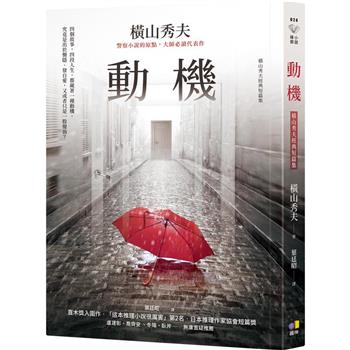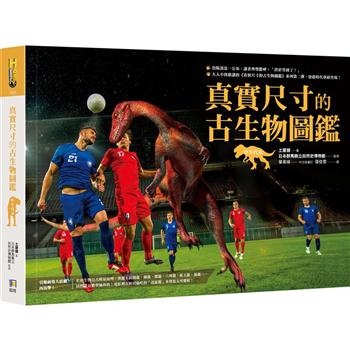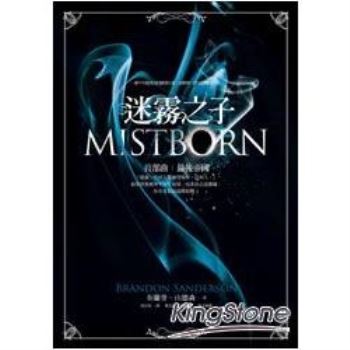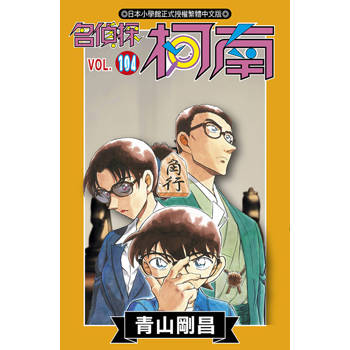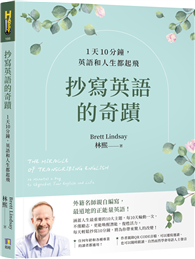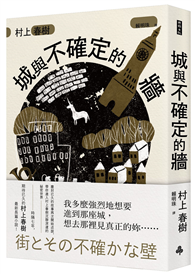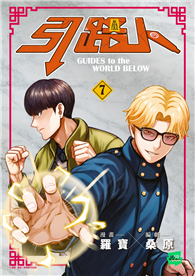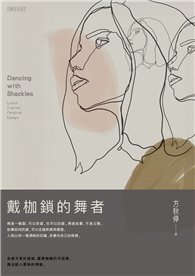| FindBook |
有 1 項符合
The Extended Case Method的圖書 |
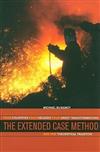 |
The Extended Case Method : Four Countries, Four Decades, Four Great Transformations, and One Theoretical Tradition 作者:Michael Burawoy 出版社:N/A 出版日期:2009-05-29 語言:原文書 |
| 圖書選購 |
| 型式 | 價格 | 供應商 | 所屬目錄 | 二手書 |
$ 212 |
二手中文書 |
|---|
| 圖書館借閱 |
| 國家圖書館 | 全國圖書書目資訊網 | 國立公共資訊圖書館 | 電子書服務平台 | MetaCat 跨館整合查詢 |
| 臺北市立圖書館 | 新北市立圖書館 | 基隆市公共圖書館 | 桃園市立圖書館 | 新竹縣公共圖書館 |
| 苗栗縣立圖書館 | 臺中市立圖書館 | 彰化縣公共圖書館 | 南投縣文化局 | 雲林縣公共圖書館 |
| 嘉義縣圖書館 | 臺南市立圖書館 | 高雄市立圖書館 | 屏東縣公共圖書館 | 宜蘭縣公共圖書館 |
| 花蓮縣文化局 | 臺東縣文化處 |
|
|
圖書介紹 - 資料來源:博客來 評分:
圖書名稱:The Extended Case Method
內容簡介
In this remarkable collection of essays, Michael Burawoy develops the extended case method by connecting his own experiences among workers of the world to the great transformations of the twentieth century--the rise and fall of the Soviet Union and its satellites, the reconstruction of U.S. capitalism, and the African transition to post-colonialism in Zambia. Burawoy's odyssey began in 1968 in the Zambian copper mines and proceeded to Chicago's South Side, where he worked as a machine operator and enjoyed a unique perspective on the stability of advanced capitalism. In the 1980s, this perspective was deepened by contrast with his work in diverse Hungarian factories. Surprised by the collapse of socialism in Hungary in 1989, he journeyed in 1991 to the Soviet Union, which by the end of the year had unexpectedly dissolved. He then spent the next decade studying how the working class survived the catastrophic collapse of the Soviet economy. These essays, presented with a perspective that has benefited from time and rich experience, offer ethnographers a theory and a method for developing novel understandings of epochal change.
|
